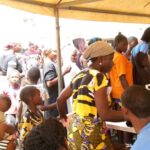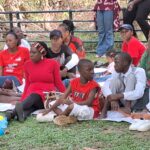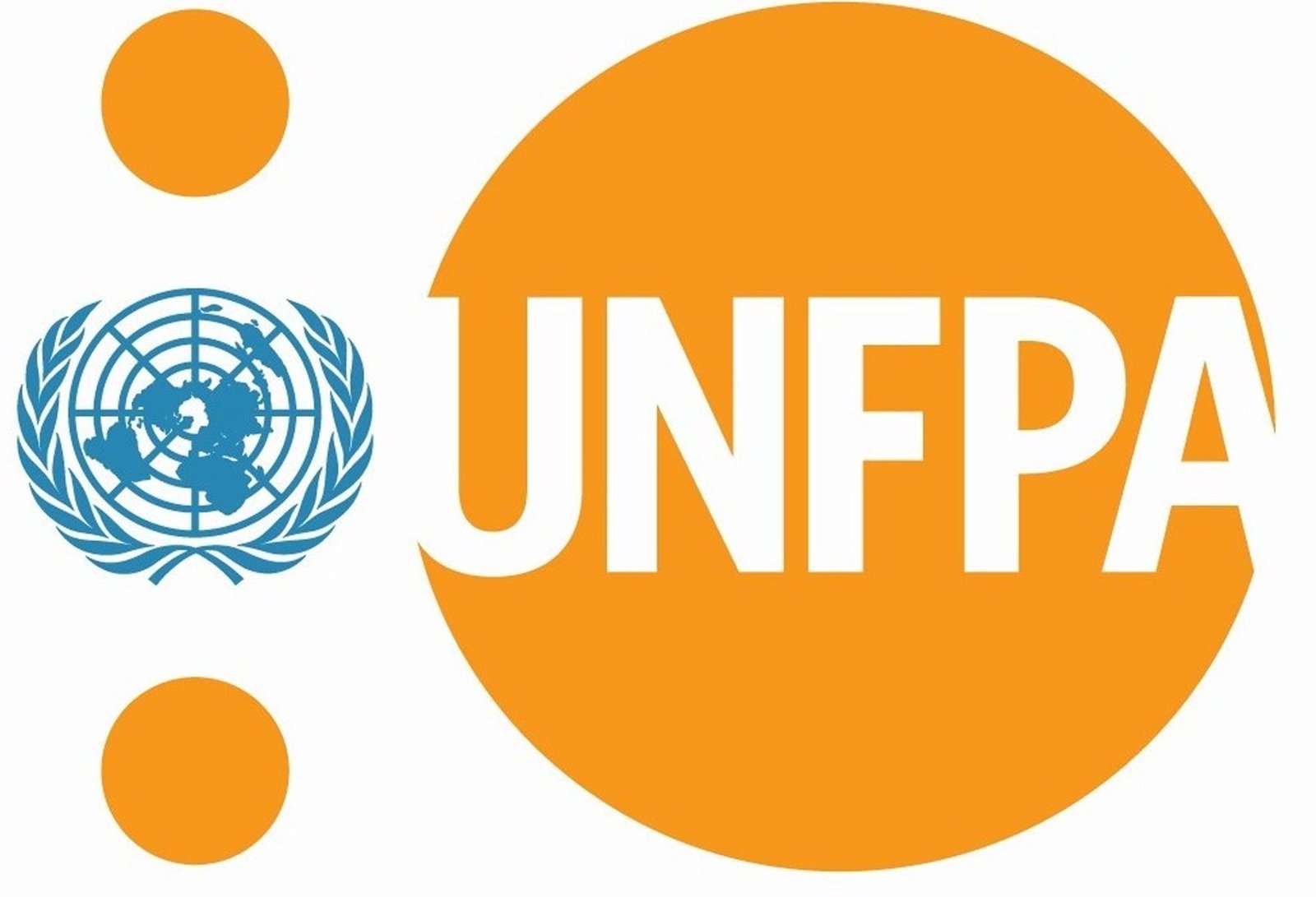SRHR: Lives at risk without continued investment, Pathfinder warns
By Vivian Ihechu With development funding becoming increasingly constrained, Pathfinder International is urging the adoption of innovative approaches and the fostering of diverse partnerships to continue serving women and girls, particularly in Sexual and Reproductive Health and Rights (SRHR). The organisation highlighted that the current stop-work order and broaderContinue Reading













